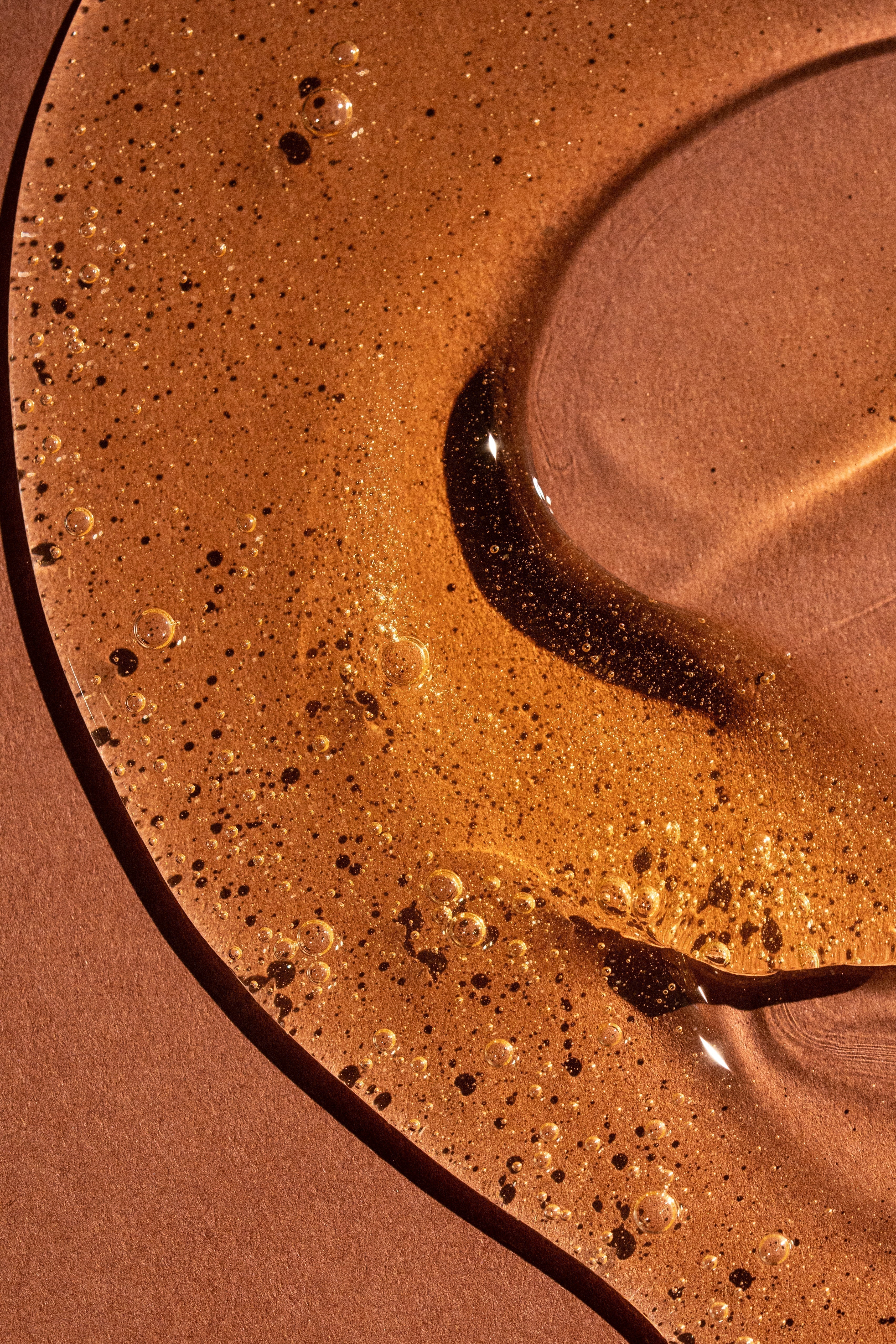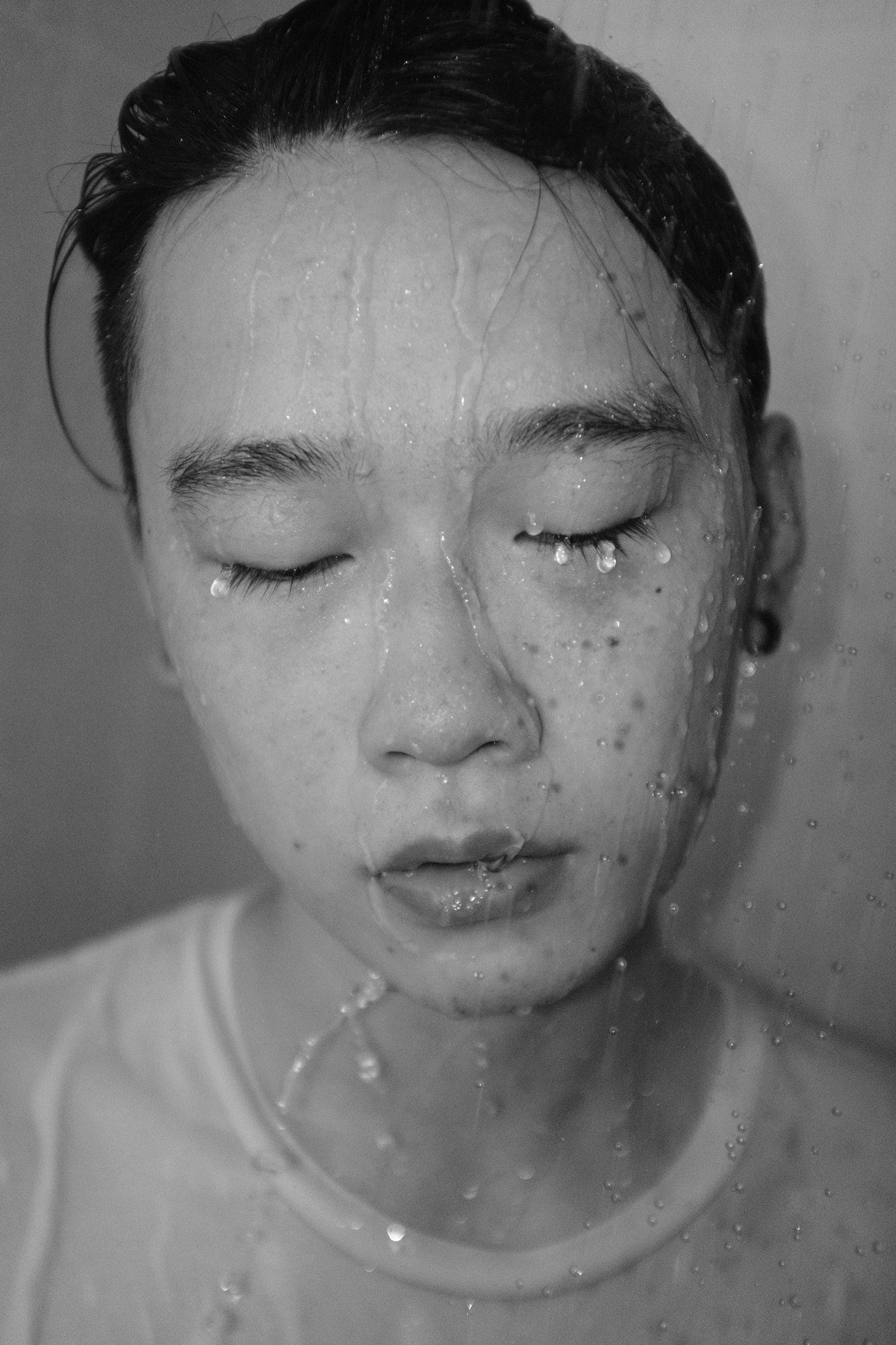Can Losing Your Sense of Smell Affect Your Sex Life?

A once-niche problem has new relevance.
In 1990, it was believed that just 1% of the U.S. population—or, about 2.5 million Americans—suffered from a symptom known as anosmia: loss of smell. Of course, in 2021, that number has undoubtedly increased, as many of those who have contracted COVID-19 have experienced it first-hand—and some, now mostly recovered, are still dealing with it as the one lingering aftermath.
The now-increased awareness of this symptom that is typically more common in the older part of the population has led us to explore an unexpected connection: Can losing your sense of smell affect your sex life?
As it turns out, yes—and negatively, according to a study published in 2021. Focusing on community-dwelling older adults in the United States, researchers found that a decrease in olfactory function was correlated to a decrease in sexual motivation (aka, desire), as well as a decrease in emotional satisfaction with sex. It didn’t, however, affect the frequency of sex or physical pleasure.
It seems, then, that scent has an important role not just in attraction, but in the way we process sexual encounters on an emotional level. And that shouldn’t be too surprising. Pheromones—chemical signals that are given off by the body—are believed to play a role in making you seem more desirable to your partner—so if you can’t process those that your partner is giving off, you may feel less engaged in the moment. It’s not that you’re no longer attracted to them—but beauty, on some scientific level, maybe in the nose of the beholder.
Because scent is so tied to memory, the sudden loss of it can also eliminate several emotional cues that you might not normally think about: The smell of a partner’s pillow, the scent of their skin, their body wash, or fragrance. To experience intimacy without these markers that, especially with a longtime partner, may be processed as a kind of comfort, can understandably make you feel like something is missing.
So while anosmia is now in the spotlight, as more people across different demographics experience the phenomenon for the first time, it’s been a big factor that has made sexual satisfaction (on some levels) even more challenging for older adults than it already is. And especially when aging is the cause, anosmia isn’t necessarily treatable (even with that viral burnt orange trick).
What you can do—in the absence of this sense—is perhaps make the most of the senses that you do have, whether that means rolling around on your silkiest sheets, setting some mood lighting, or turning on a song that takes you back.



